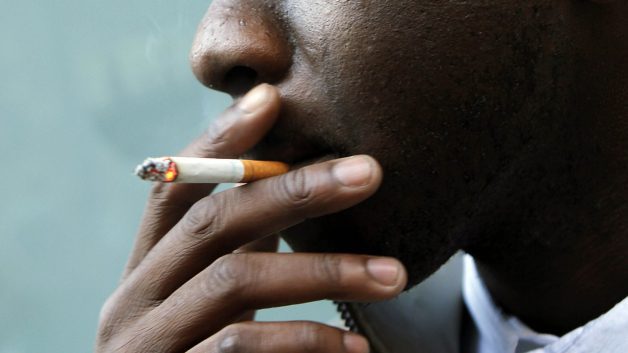The Consortium for Economic and Social Research (CRES) has played a major role in the taxation of smoking by the Economic Community of West African States (ECOWAS), a Senegalese official revealed Wednesday, February 23.
The Directive of the sub-regional organization, adopted in December 2017, sets a “minimum ad valorem tax rate of 50 percent and a specific tax of two cents of U.S. dollar per stem.”
According to Abdoulaye Gningue, an official at the Senegalese Ministry of Finance and Budget, CRES was at the origin of the creation of this directive. Paying tribute to the Executive Director of this consortium, Pr. Abdoulaye Diagne, he notes that the latter has invested a lot to materialize this orientation, regardless of the many “obstacles” he had faced.
Mr. Gningue represented his supervisory minister, Abdoulaye Daouda Diallo, at the closing ceremony of a two-day workshop organized in Saly, 80 km from Dakar, by CRES to remove the constraints of the implementation of the guidelines on tobacco taxation in West Africa.
Several stakeholders, including representatives of Senegalese financial authorities, the national and international civil society, attended this educational meeting, the objective of which was to create a synergy of action to support the implementation of the ECOWAS and UEMOA directives.
Today, Mr. Gningue noted, “the great battle to be fought is to ensure that the two directives match with each other. He said that the effort must be made at the level of UEMOA for a migration of its directive. He deplores the fact that some countries have a level of taxation of smoking “less than 50 percent” even if he promises to get involved, as an expert of this monetary union, to help harmonize the legislation of member countries on this issue.
“Similar views”
The representative of ECOWAS “reiterated” the commitments of her organization to help CRES in its fight against smoking. The macabre consequences of smoking are estimated each year at some eight million deaths worldwide, including 500,000 in Africa and 700,000 non-smokers, according to the World Health Organization (WHO).
“If the States applied the ECOWAS directive, it would have a very positive impact. It would increase cigarette prices by more than 50 percent on average and tax revenues by nearly 400 percent,” said Canadian Rhiannon Mccluskey, Communications Officer of the International Center for Tax and Development (ICTD).
During the discussions, one speaker advocated for substantial support for CRES to work on correcting some of the views about smoking. He said that many people “think that tobacco use is linked to poverty,” given that Africa has 700 million smokers.
In addition, the Director of CRES, Pr. Abdoulaye Diagne, welcomed the holding of this workshop, the objectives of which were “largely attained.” It was an opportunity for him to “collect opinions, analyses and proposals.” At the end, he took notice of “many ideas,” including “similar views.”
ODL/te/fss/abj/APA


